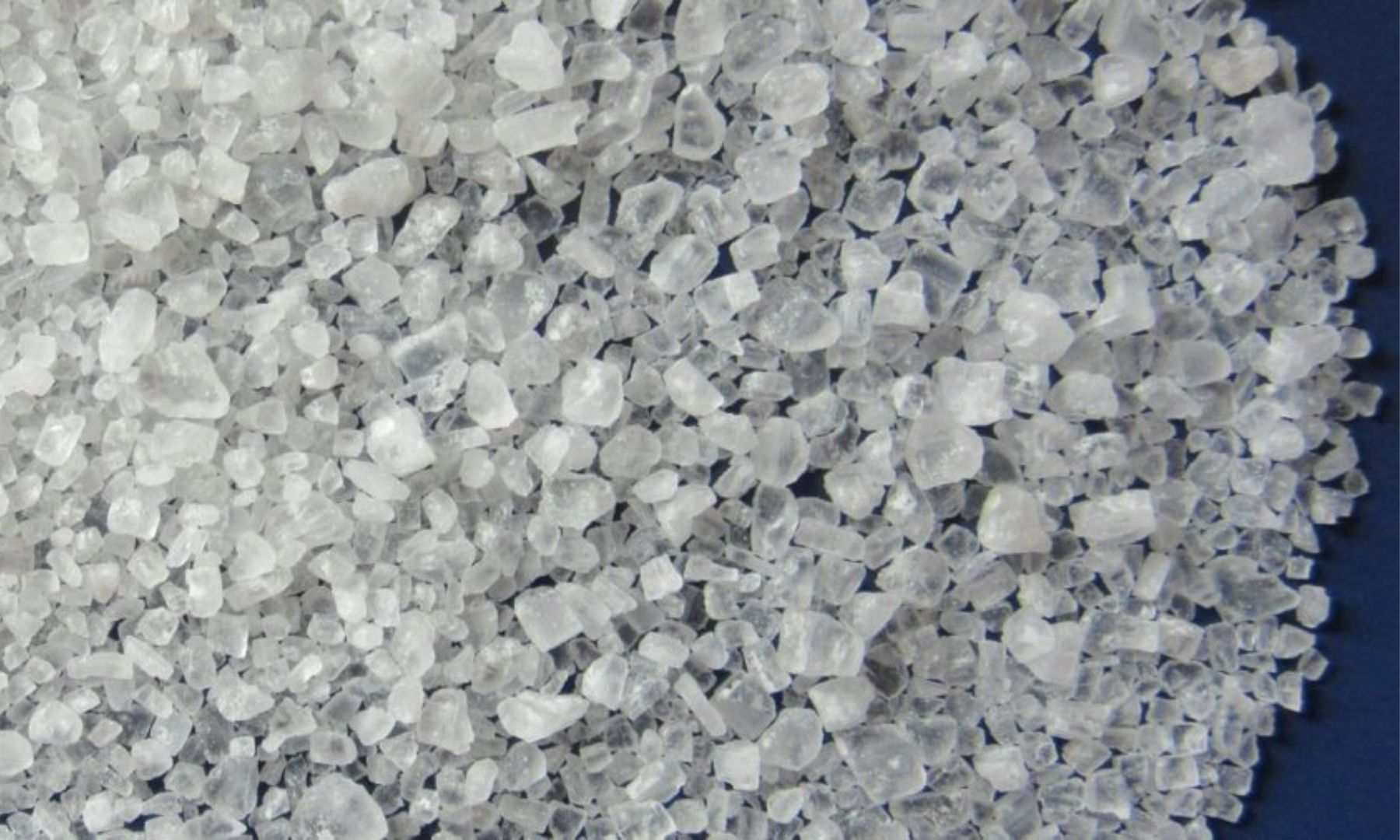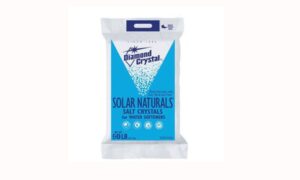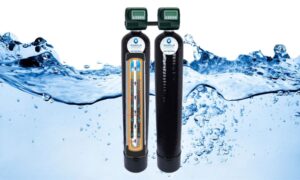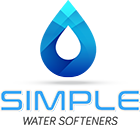
17 Apr. 23
Comparing Salt-Based and Salt-Free Water Softening Systems
Are you tired of dealing with the effects of hard water in your home? You may be considering a water softener but feel overwhelmed by the choices between salt-based and salt-free systems. Why should you carry bags of salt if there is a salt-free alternative, right? Before making a decision, it’s crucial to understand how these systems work and their benefits and limitations.
Salt-Based Water Softeners: Ion Exchange Process
A salt-based water softener employs an ion exchange process to remove hard minerals like calcium and magnesium from your water. As the water flows through the resin tank, calcium ions are swapped with sodium ions, preventing the hard minerals from entering your home’s plumbing.
When the resin beads become saturated with calcium, the system enters a regeneration phase. During this process, brine water is drawn into the water softener, releasing the calcium from the resin beads, which is then flushed down the drain. The system returns to its softening function, reducing the hardness of your water significantly. In San Antonio, where the average hardness is 20 grains per gallon, a salt-based softener can reduce it to 1 grain per gallon or less.

Salt-Free Water Conditioners: A Different Approach
It’s essential to note that salt-free systems are not water softeners, but water conditioners. Instead of removing hard minerals, they alter the water’s chemistry, preventing calcium and magnesium from sticking to your pipes and appliances. However, this means that the water entering your home remains hard.
The calcium still exists in the water droplets, which can leave white residue on shower doors, dishes, and laundry. In San Antonio, where water hardness can exceed 20 grains per gallon, a salt-free system might not provide the desired results. In areas with less hardness, salt-free conditioners could offer satisfactory outcomes.

Choose the Right System for Your Needs
When deciding between a salt-based or salt-free water treatment system, consider your location, water hardness levels, and desired results. If you’re unsure which system is best for your home, consult with a water treatment professional for guidance.
For more information about our Water Softeners, feel free to call us at (210) 960-2555 or email us at lisa@simplewatersofteners.com.


